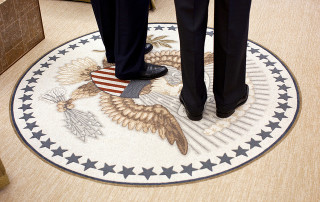Latest Insights
Giving It All Away: Part 1
Part 1 of 2: Why don't people donate a lot more [...]
Introducing the Concepts of Energy, Force and Power to Economics
By Michael Ryan Economists have historically been enamored with Market [...]
World Bank’s Global INsights Initiative Is Underway
By Julian Jamison One of the World Bank’s flagship [...]
Three Behavioral Insights into the Aging Mind
Behavioural science has contributed much to the understanding of decision-making in the last few decades. We now understand how heuristics and biases can influence our thinking, perceptions, choices and behaviour. Yet, many of the frequently cited studies from behavioural science have been conducted on students, typically in their early twenties. Consequently, people often ask whether these findings still hold in other generations: Does our decision making process differ as we get older? Do we become more or less ‘rational’? And if minds do differ, how does the 20 year old mind differ to the 70 or 80 year old mind?
Obama, Behavioral Insights and Bureaucratic Success
On 15th September 2015, President Obama issued an executive order mandating US government agencies employ behavioural insights to enhance their work (read a White House-authored Fact Sheet on the order). On the face of it, this is an unqualified good for behavioural science. Yet Presidential Terms are short, and the current one has only a year to run. Whether such an executive order will have the impact it should will depend on commentary and promises made in the febrile atmosphere of a US election. Political support is valuable, but political polarisation can mean bureaucratic paralysis. This post takes a brief glance at bureaucratic success in the US, EU, UN and UK.
Five Reasons Why We Compromise Our Privacy Online
Historically, most of us have been concerned about information privacy on the internet. But when it comes to our actual behavior, many of us liberally share personal information online, a finding termed the ‘privacy paradox’ in the academic literature. Why this apparent gap between attitudes and behavior?







